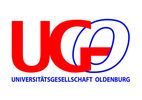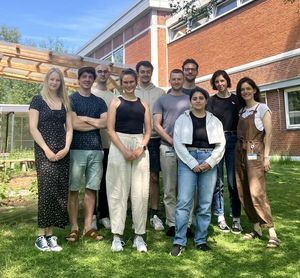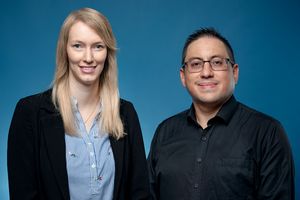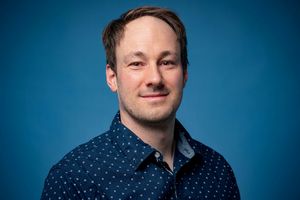Award winners and nominees 2023
The UGO Open Science Award of the Universitätsgesellschaft Oldenburg e.V. (UGO) was awarded for the first time in 2023 and honours those who proactively make their research results transparent and publicly accessible. The award winners and other nominees are presented in brief interviews below.
The Open Science Interest Group (OSIG) of the Department of Psychology is a learning community and grassroots movement initiated by researchers and students. With great influence in the department and among early career researchers, it promotes the implementation and dissemination of Open Science practices by supporting scientific staff and students and organising regular events, workshops, lectures and newsletters.
The OSIG was developed through observing and participating in the growing discussions about the reproducibility crisis across science, including neuropsychology and neuroimaging....
The Zukunftslabor Energie (ZLE) promotes research into modern energy systems by an interdisciplinary team from institutions in Lower Saxony. The team supports the principles of Open Science and has developed, among other things, an research data management platform based on the FAIR principles, which improves the exchange and accessibility of energy research data as the basis for NFDI4Energy.
In our project, we quickly realized that obtaining the required data and models suitable for developing energy scenarios is challenging.....
Christian Keine is a research associate at the Institute of Physiology and specialises in the cellular and molecular mechanisms of sound processing. Keine is committed to Open Science in many ways and has, for example, developed the HEKA Patchmaster Importer, a software tool that converts data from electrophysiology devices into another format, thus making it easier to analyse data and share research results in an open format.
I became interested in Open Science through my work in research and academia, where I was confronted with the challenges of accessing and sharing scientific knowledge.....
The Device Center Tools for Open and Reproducible Neuroscience (TORS), funded by the German Research Foundation (DFG), develops tools and software solutions that support scientists in conducting transparent and reproducible neuroscientific research.






